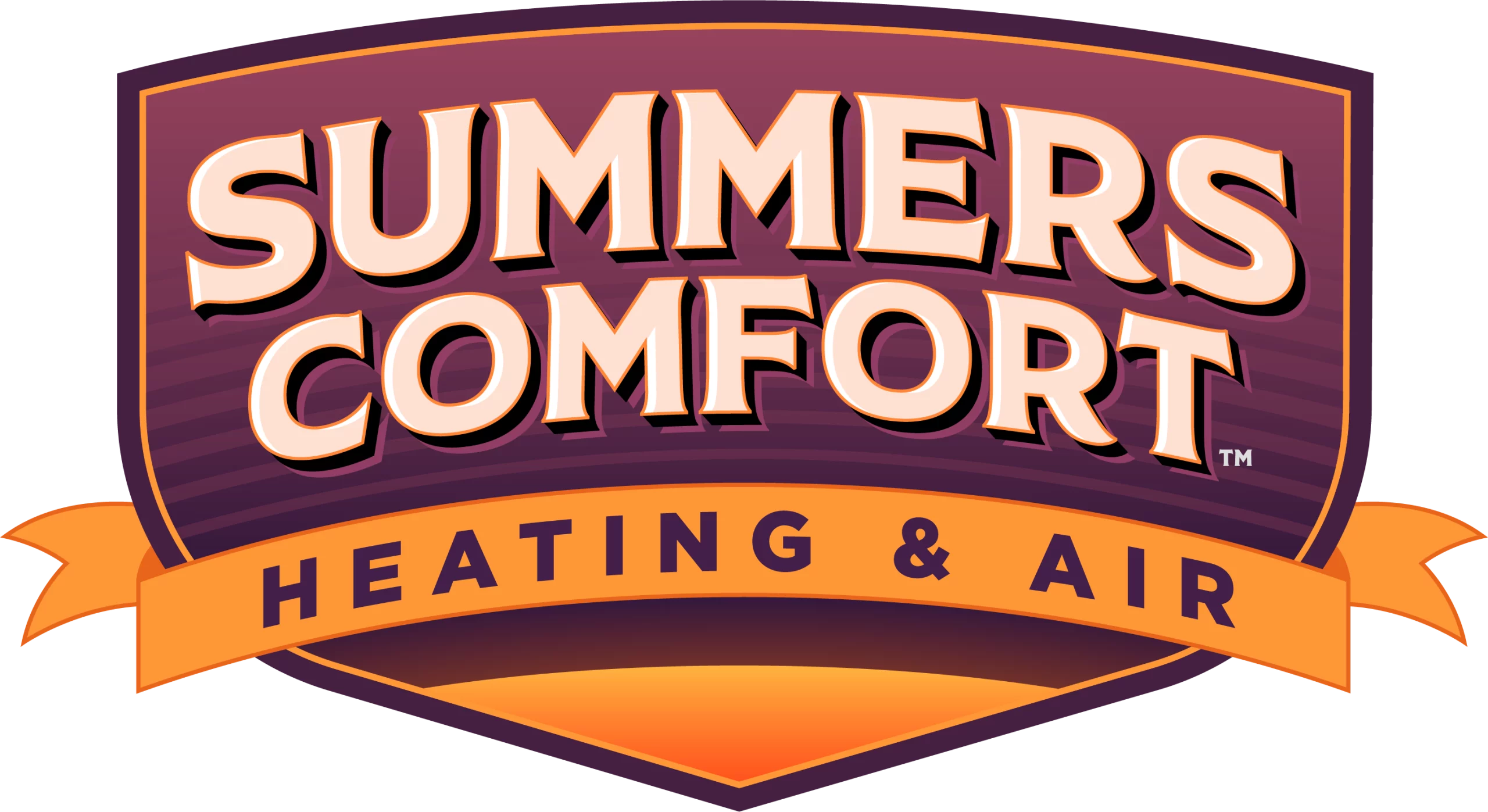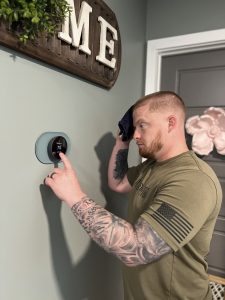Picture this! it’s a scorching summer day, and you’re eagerly waiting for the cool relief from your air conditioner. But as you turn it on, you’re met with disappointment – warm air instead of the refreshing cool breeze you were expecting. What could be the reason behind your air conditioner not blowing cold air when you need it the most? Let’s dive into some common culprits and troubleshooting steps to get your AC back on track.
Keeping it cool
Bringing Comfort to Every Home
Dirty Air Filters
One of the most common reasons for an air conditioner blowing warm air is dirty or clogged air filters. Over time, dust, debris, and allergens accumulate in the filters, obstructing the airflow and reducing cooling efficiency. Make sure to check your air filters regularly and replace or clean them as needed, typically every one to three months.
Refrigerant Leaks
Refrigerant is the lifeblood of your air conditioning system, responsible for absorbing heat from indoor air and cooling it down. If there’s a leak in the refrigerant lines, your AC won’t be able to generate cold air effectively. Signs of a refrigerant leak include hissing sounds, ice buildup on the refrigerant lines, or decreased cooling performance. In this case, it’s essential to contact a professional HVAC technician to locate and repair the leak, as well as recharge the refrigerant to the proper levels.
Faulty Compressor
The compressor plays a crucial role in the cooling process by pressurizing the refrigerant and circulating it through the system. If the compressor malfunctions or fails, your air conditioner won’t be able to produce cold air. Symptoms of a faulty compressor include loud or unusual noises, frequent cycling on and off, or warm air blowing from the vents. Repairing or replacing a compressor is a complex task best left to trained professionals.
Blocked Condenser Unit
The condenser unit, typically located outside your home, releases heat from the refrigerant to the outdoor air. If the condenser coils are obstructed by dirt, leaves, or debris, it can hinder heat transfer and cause your AC to blow warm air. To prevent this issue, regularly inspect the area around your condenser unit and remove any obstructions. You can also schedule professional maintenance to clean the condenser coils and ensure optimal performance.
Electrical Issues
Electrical problems such as faulty wiring, blown fuses, or tripped circuit breakers can disrupt the functioning of your air conditioning system, leading to warm air output. If you suspect an electrical issue, it’s crucial to shut off power to the AC unit and contact a qualified electrician or HVAC technician to diagnose and repair the problem safely.
When your air conditioner fails to blow cold air, it can be frustrating and uncomfortable, especially during hot summer days. By understanding the potential causes behind this issue and following the troubleshooting tips outlined above, you can identify and resolve the problem efficiently. However, for complex issues or those requiring professional expertise, don’t hesitate to seek assistance from certified HVAC technicians to ensure your AC system operates smoothly and efficiently. Stay cool!




